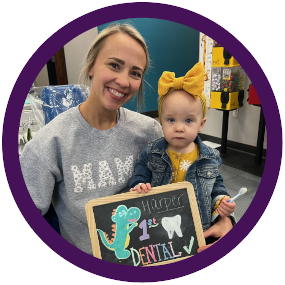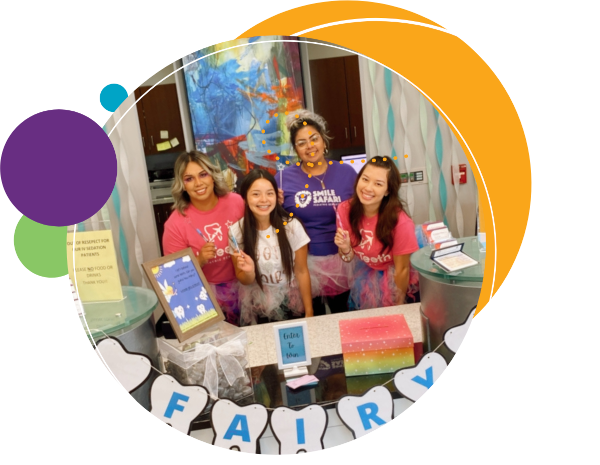Oral Health Education



Pediatric oral health education teaches children and their caregivers about the importance of oral hygiene and how to care for their teeth and gums. It establishes healthy habits early on, which can help prevent cavities, gum disease, and other oral health problems later in life.
Why Choose Us
- We have four talented pediatric dentists
- We have an amazing team who love small faces and big smiles
- Parents love the fun and positive experience for their kids
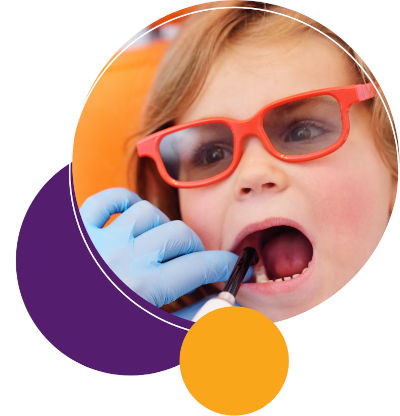
Teaching kids about oral health includes explaining the importance of daily brushing and flossing. Kids and their parents should also understand how to use the right amount of fluoride toothpaste. Kids should be educated about nutrition and its role in oral health when they’re young. Encouraging kids and their parents to choose a healthy diet and limit sugary snacks, sodas, and juices can protect their teeth from decay.
Read Our
Reviews
Effective oral health education also emphasizes the importance of regular dental cleanings. Children and their caregivers can learn to recognize early signs of oral health problems, which can help them identify issues before they worsen.
Educating children about oral health keeps them on a path to lifelong dental health. The best time to start education and proper dental care is when the baby’s teeth first come in at about 6 months old.
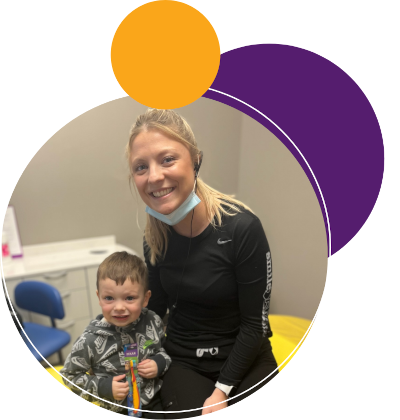

Dr. Stephen P. Moore

Dr. David J. Brown

Dr. Trey K. Anderson

Dr. Amrita Khemka

Dr. Kristal Raya

Dr. Kelsey Martinez

-Melissa J.
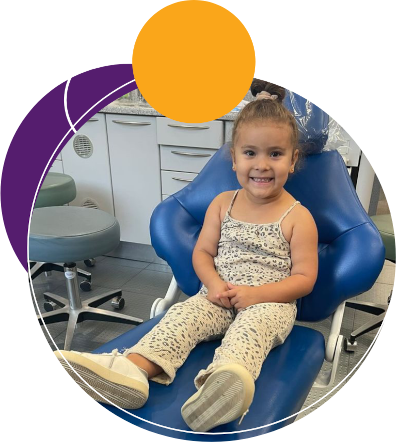
The Importance of Oral Health Education
Children grow steadily throughout adolescence and puberty. But teeth are a different story. Once kids get their adult teeth, there’s no turning back. The habits—both good and bad—developed as children will become more challenging to change later on. So, with proper education, establish good dental hygiene habits at a young age to prepare kids for a lifetime of good oral health. Our ICTeeth and Smile Safari teams proudly offer Oral Health Education at every visit. We also provide this education in our community. Contact us to schedule your child’s first visit today!



